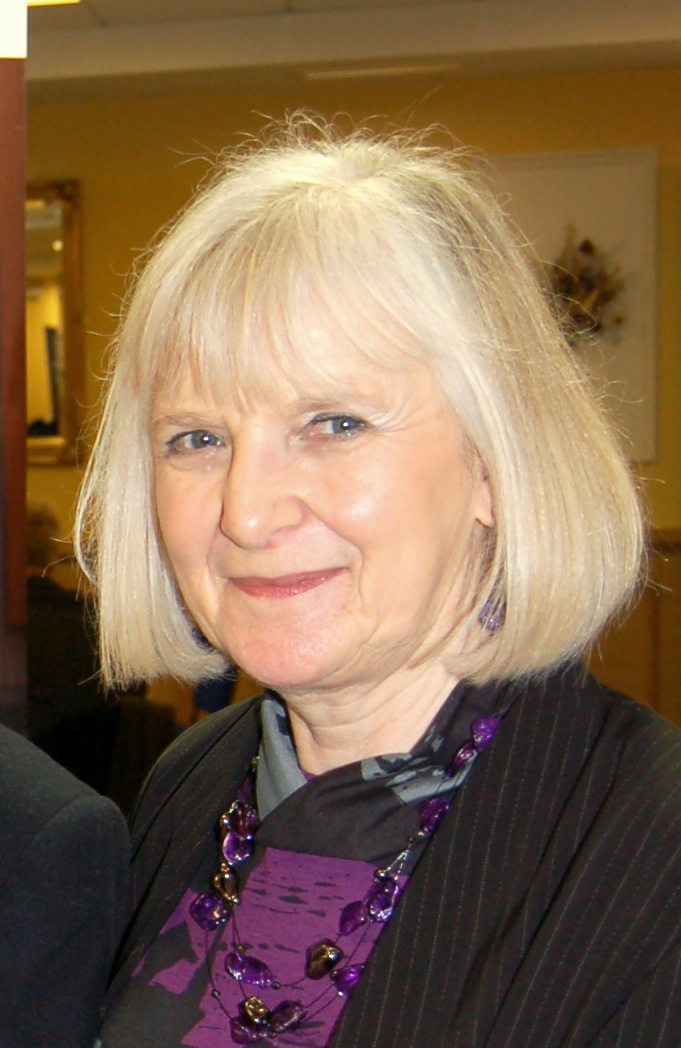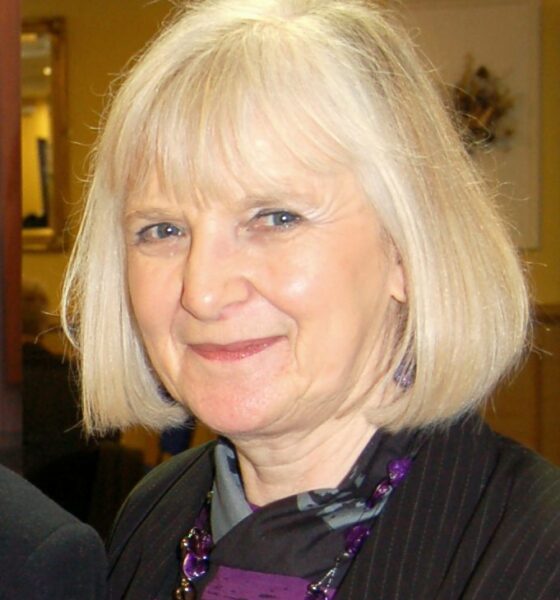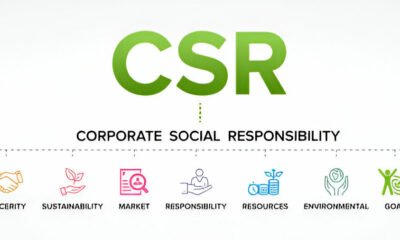

Economy
Nothing ‘soft and fluffy’ about sustainable business
Jemma Collins speaks with Jill Poet, whose network encourages small and medium sized enterprises (SMEs) to act more responsibly and ethically – simply because it is a “good way to do business”.
Jill Poet is the managing director of the Organisation for Responsible Businesses (ORB), which she set up in 2009. She wants to leave a legacy as evidenced by the company’s mission statement, “Changing the world – one small business at a time.”
At a basic level, ORB is a business membership for ethical small businesses. It aims to support and promote members and provides them with information and advice around the areas of corporate social responsibility (CSR) and sustainability. At a higher level there is an auditable certification, the Responsible Business Standard, designed specifically for small businesses.
SMEs are defined as any business with less than 250 employees and they play a huge part in the business sector, with recent government statistics showing they make up 99% of businesses in the UK. SMEs employ more than 14 million people and are estimated to make up nearly 50% of the UK economy, so the potential for growth and change in this sector is huge.
Research in January this year found that for a quarter of SMEs sustainability is among their top three priorities.
However, as shown by the research, small businesses often don’t include the wider concepts of CSR within their approach to sustainability. Poet believes there are millions of SMEs that could be encouraged to do more, which in turn would create positive change both for business and society.
“Considering people and the environment is just a good way to do business. Our research showed there was a huge gap in the marketplace. That’s why we decided to launch ORB; to drive that agenda forward for the small business marketplace,” Poet explains.
Poet’s background as a management accountant, working on a very hands-on basis with SMEs, was more involved with the financials of the business world. But various projects of her own created a greater awareness of sustainability on a broad, holistic level and seeing the gap in the market place, she was determined to show small businesses how important it is to embrace the wider sustainability agenda.
She adds, “If you want a profitable, sustainable business your reputation is key. Adopting an ethical approach to how you run your business is absolutely essential.”
Membership of ORB is for businesses with the right mindset – they don’t have to be perfect, but Poet says they just need to want to make a difference and be keen to make a positive step in the right direction.
“If a small business owner does care about people and the environment, as a lot of them do, but doesn’t know where to start, or feels they haven’t got the money or the time, we welcome them to come on board,” she says.
“If they’ve got the right mindset then we can nurture them and give them a bit of information and encourage them to improve.”
Potential members need to apply for membership by completing an online questionnaire. They receive an immediate detailed response and if they have attained the appropriate score they will be invited to join the organisation, use the Responsible Business Member logo and have an entry in the Responsible Business Directory.
Poet urges businesses to “be part of the movement”. She adds, “It shows that being a responsible business is important to you but actually you’ll get commercial benefits from membership as well because a lot of our members are on page one of Google.”
If businesses want something more substantial, they can take the separate auditable certification, the Responsible Business Standard. Businesses need to stay ahead of the curve and ensure they can demonstrate their ethical and responsible actions. Whoever their customer is, this can provide competitive advantage and could even help them win tenders for public or private sector contracts.
So what does the future hold for ORB?
“We’ll continue to show small businesses that considering people and considering the environment is just good business. There’s nothing soft and fluffy about it; it’s the only way forward. Sustainability starts with sustaining families, communities, sustaining businesses and this world for the future.”
Poet thinks the sustainability market will continue to grow, with a gradual move away from the old way of doing things. Customers are more aware than ever of environmental and ethical issues and this influences their decision making process.
She concludes, “You can’t just think about the bottom line without considering people, without considering the environment. People want to buy from ethical companies that support the local community.
“It’s often not that SMEs are not interested it’s just that it’s not their top priority. So we need to show them that by prioritising those things more it will actually help their business be more profitable, reduce overheads, increase their competitive advantage. All those things that will help their business.
“It is exciting, there’s a long, long way to go, but yes we’ll get there. We’re determined to leave a legacy.”
Further reading:
Sustainability top priority for quarter of British small businesses
51% of corporations emitting unsustainable levels of CO2, study finds
The Guide to Corporate Social Responsibility 2013
We are a long way from achieving stability in supply chains
70% prepared to boycott brands with poor environmental records

































